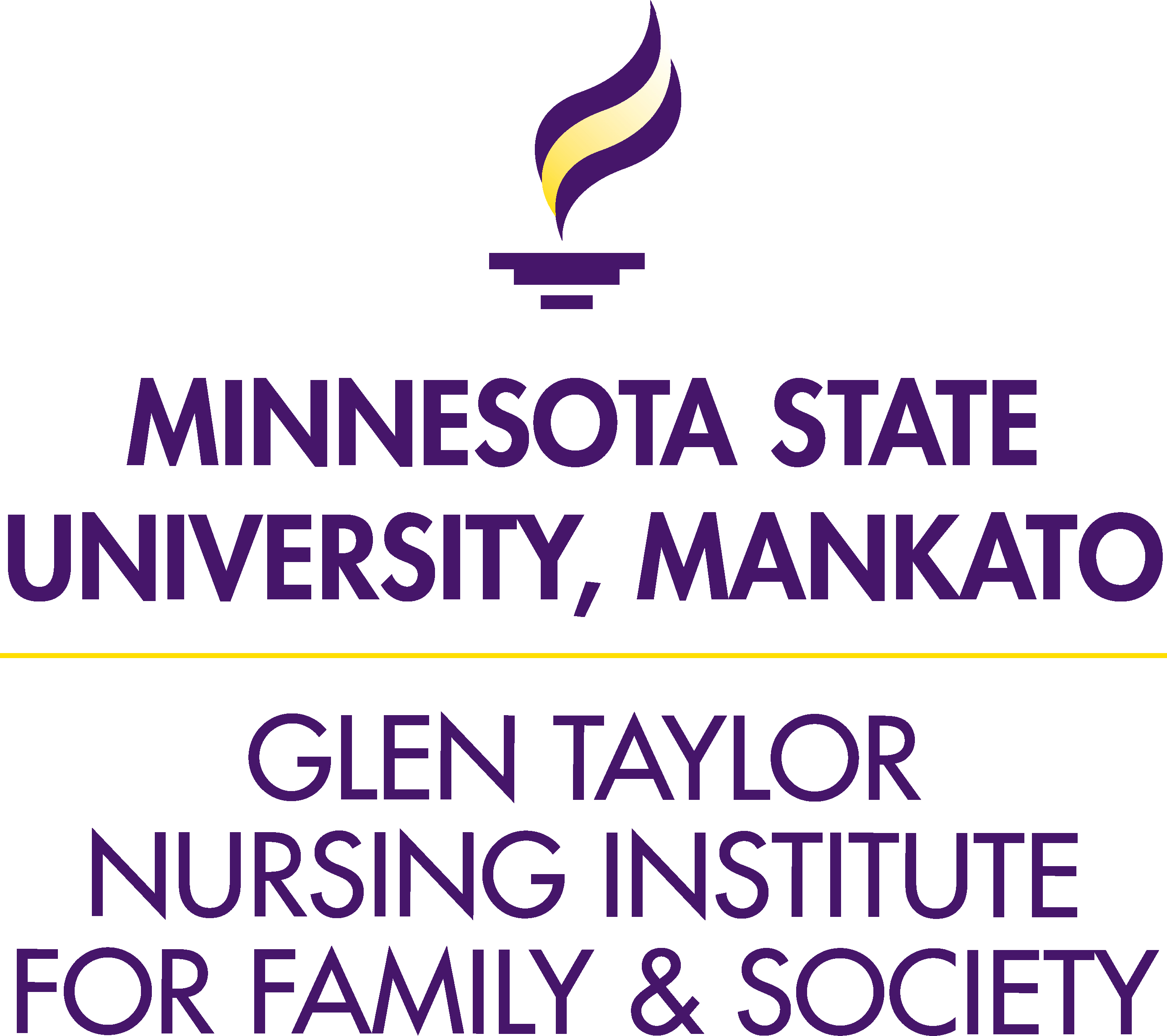 Australian nursing, influenced by Western tradition, has a focus of engaging with families as context in person/child centred healthcare. Unlike the Anglo-Celtic concepts of health, family, and nursing, Australian Aboriginal & Torres Strait Islander health is founded on wide family and kinship lines; access and connection to land and the environment; collective relationships within community; and spirituality and ancestry.
Australian nursing, influenced by Western tradition, has a focus of engaging with families as context in person/child centred healthcare. Unlike the Anglo-Celtic concepts of health, family, and nursing, Australian Aboriginal & Torres Strait Islander health is founded on wide family and kinship lines; access and connection to land and the environment; collective relationships within community; and spirituality and ancestry.
Today, nurses in Australia are competent in family as context for patient care as part of the national nursing registration standards. There is now a trend toward nursing practice that recognizes the family as focus of care using a strengths based perspective. Movement towards a broader understanding of family nursing in Australia can be seen through diverse community and child health nursing areas and acute care nursing. Family nurses are partnering with families and increasingly recognizing families as legitimate recipients of care. For example, in Intensive Care Units family nursing practices have incorporated flexible visiting to enable family presence and in cancer care multidisciplinary meetings with the family are undertaken with positive outcomes. Oncology nurses are recognizing the need for caring for the family as a unit of care and often feel under-prepared for this role – a concern frequently voiced by Australian nurses.
Australian scholars are growing a strong foundation of publications to guide family nursing education, practice, and research. For more information about family nursing in Australia, contact IFNA member Lindsay Smith.
